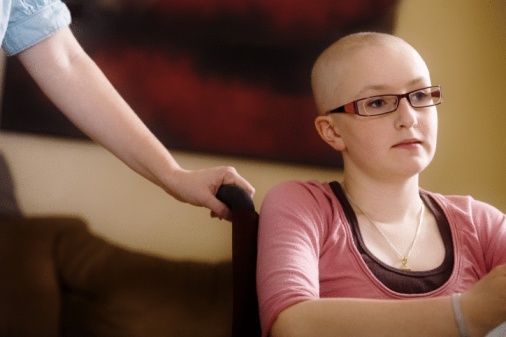For someone suffering from a traumatic brain injury, the road to recovery is often long, agonizing and uncertain. Also, for the families and caregivers of injured loved ones, the process is extremely difficult.
How Does a TBI Affect Patients?
Many traumatic brain injuries occur as the result of car accidents. Something as insignificant as running an errand to the grocery store can change an individual’s life, and the lives of his family members, forever. The life of 18-year-old Elijah Olson was altered the moment his car slid off the road, hit a telephone pole and catapulted sling-shot style into a tree.

After a traumatic brain injury, some patients may not recall events prior to the incident. Brains do not start up again like computers; when they are severely traumatized through swelling or other damage, it takes months, sometimes many years, for brains to rebuild themselves. Oftentimes, patients are in a comatose state, unconscious and out of touch with reality. Some patients may open their eyes but cannot recognize familiar faces, while others are able to move their muscles but struggle to control them.
Caregivers observe that while patients may seem awake, they are not truly awake but lost in a gray area of consciousness. After a patient is discharged from the hospital, depending on his condition, he may need rehabilitation. The Pittsburgh Tribune-Review reported on the case of Elijah Olson who went for rehabilitation after only ten days in the hospital. He remained hooked to equipment, and doctors continued to monitor his brain and the swelling and pressure within his skull.
Hand signals, not words, came first for Elijah, and when his feeding tube was removed, his caregivers had to teach him how to swallow again. Soon he was able to talk. While Elijah’s personality remained intact, he was unable to come up with words and accurately form sentences to answer questions asked of him. He notes that he often stopped mid-sentence to think about how to finish it. He gained his physical mobility back, thanks largely, in part, to his young age, but he was often more concerned about cognitive function. Eventually Elijah was discharged from the hospital and able to spend Christmas at home with his family.
How Do Caregivers Handle a TBI Diagnosis?Because a traumatic brain injury can occur in a split second, family members’ roles are often altered in immediately as well. When an accident happens and a loved one suffers from a brain injury, some caregivers and family members are not sure how to react or what to do. It may not be as stressful while the patient is receiving care in a hospital setting, but once he is released, it may be up to the family to take care of and provide for him. The family often takes responsibility for researching the injury, listening to doctors’ advice and following through with therapy and rehabilitation. In addition, TBI patients recovering at home must be extremely careful to avoid further head injury — ever — since it could be fatal.
Many caregivers agree that they can never live a normal life again. Assuming the responsibility of being the sole caretaker of a patient can affect every aspect of a person’s life, including his or her job, marriage or family dynamics if other family members feel neglected. Other caregivers relate the experience to returning to childhood; they change diapers and help with showers all over again. There are many support groups available to caretakers in this position. To take the best care of their family member/patient, caregivers must be sure to take care of themselves as well.
Contact Us
If you or someone you love has suffered from a traumatic brain injury, the time to act is now. There is a limited window of opportunity to file a claim, so contact our office immediately. Our attorneys will review your case, free of charge, and work to get you every penny you deserve.


